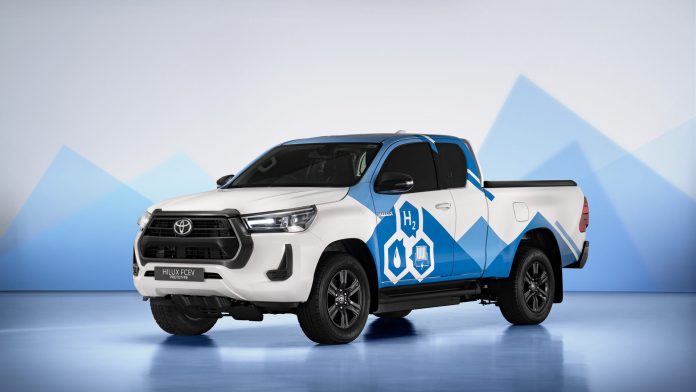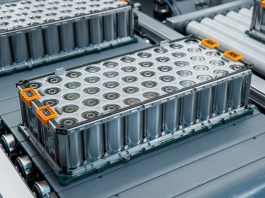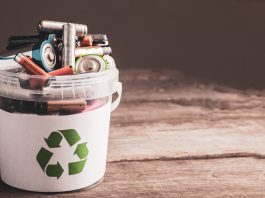Toyota is to develop the Hydrogen Factory Europe to ensure a co-ordinated approach to hydrogen technology commercialisation in the region.
Toyota’s Hydrogen Factory will be responsible for producing an increasing number of fuel cell systems and supporting commercial partnerships.
The factory will help reach the company’s goal to achieve carbon neutrality in Europe by 2040 – ten years ahead of Toyota’s global target.
Europe is expected to be a large hydrogen fuel cell market
With the steady acceleration of different power generation applications, Europe is projected to be one of the world’s largest hydrogen fuel cell markets by 2030. This is due to the growing investment and regulatory measures that are encouraging market development.
For example, the European Commission’s Green Deal by 2027 involves a €45bn investment and the EU’s transport infrastructure fund awarded €284m for the installation of hydrogen refuelling stations.
As well as this, the Renewable Energy Directive requires 42% of hydrogen used by industry to be derived from sustainable sources by 2030. Europe is also planning to build hydrogen filling stations at around 200km intervals along the region’s trans-European Transport Network corridors.
As investments and initiatives continue to be implemented, Europe has positioned itself as the centre of hydrogen technology and, therefore, an important place for the establishment of the Toyota Hydrogen Factory.
Thiebault Paquet, TME Vice President and Head of Fuel Cell Business, said: “Europe is showing long-term confidence in hydrogen, and so are we. We will continue to develop fuel cell passenger cars and other light duty vehicles while we have broadened our focus towards heavy-duty transport to support the expansion of viable hydrogen infrastructure.
“We aim to further develop and learn through testing in our own network and with partners who share our approach.”
Implementing hydrogen fuel cell technology
In 2015, Toyota introduced the world’s first mass-produced hydrogen fuel saloon, Mirai. Launched in 2020, second-generation fuel cell technology debuted in a new Mirai model – showing the company’s commitment to hydrogen fuel cell vehicles.
Fuel cell vehicles have a long driving range and are quick to refuel. Because of this, the company broadened its exploration towards light-duty FCEVs.
This year, Toyota unveiled its first hydrogen-fuelled Hilux FCEV Prototype pick-up, demonstrating how a fuel cell may be incorporated into this type of vehicle. As hydrogen is lightweight, light-duty FCEVs can offer a higher payload and towing capabilities compared to other zero-emission vehicles.
The Hydrogen Factory will develop next-generation technology
Toyota’s factory is to help continue the company’s endeavour to develop next-generation hydrogen fuel cell technology that can industry-leading performance through reduced costs.
Scheduled for sale in 2026, the technology will deliver a higher power density and enable a 20% increase in driving range.
Further research is exploring the potential of scalable fuel cell stacks with different power outputs compatible with different size vehicles.









